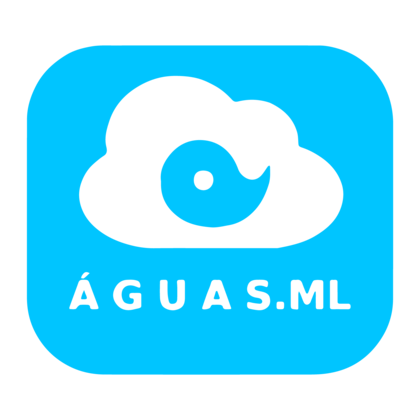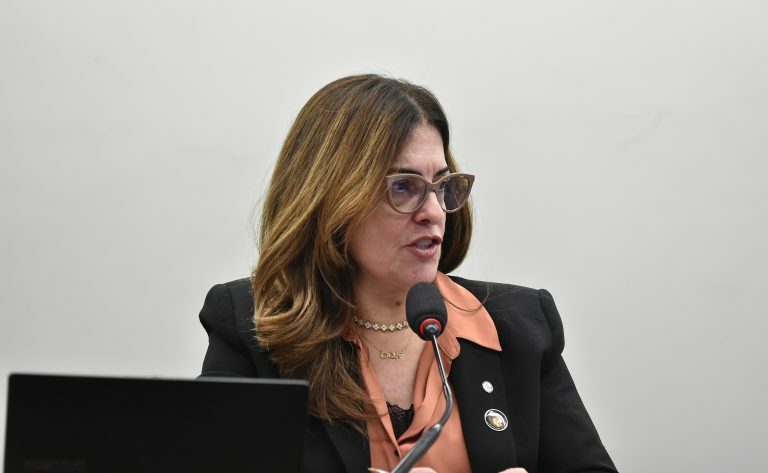To sit quietly and read a book by yourself has been a pleasant activity for many of us during the quarantine. Seventeen-year-old Antônio*, an HQ fan, has enjoyed it. He’s currently reading Daniel Silva’s The Black Widow, a thriller that tells the story of a widow of a member of ISIS who got killed in combat. Marcelo* reads Percy Jackson & the Olympians, a series of adventure novels that combine twenty-first century original characters with Greek mythology. The sixteen-year-old was already in the habit of reading books and biblical magazines.
The teenagers read at CASE, the Socio-Educational Centre Library at Ji-Paraná, a city in the Brazilian state of Rondônia. With both group activities and classes suspended because of the COVID-19 pandemic, individual readings are being promoted by the CASE team as a leisure option for teenagers. The library hasn’t been officially opened yet, but the initial idea was for it to be a place for group readings followed by discussions and debates. But as the coronavirus pandemic swept across the world, a change in plans was necessary.
Antônio believes that reading helps him to take his mind off things and it also provides him with a learning opportunity. Marcelo agrees that it’s been good to get out of the house and still be able to learn while in this current situation. Both say that they will continue to go to the library after quarantine is over.
Cristiano Cabral, a psychologist at the Centre responsible for monitoring the activities, adds that “the teens are delighted with reading”. According to him, the environment is so pleasant that teenagers feel that time flies by so quickly that they are surprised when reading time is over. Cabral explains that the reading is done on an alternating basis and that a lot of young people are eager for their turn.
The library is part of the Give a Book for a New Story (Dê um livro para uma nova história) project. Ivone Cristina Soares, a technical director for CASE who is involved in the project, says that the unit had room for a library, but books and equipment were missing. Thus, they came up with the idea to find additional resources. Youths were invited to help choose the books that would be purchased, to help encourage their interest in reading.
Online service – The library also has computer access, which allows its users to have online meetings with the Ji-Paraná’s Public Defender’s Office. Public defender Lívia Iglesias is in talks with both teenagers about their legal cases to establish a relationship of trust with them. She points out the importance of holding online meetings with the youth because before the outbreak of the pandemic, she used to visit the Centre once a week.
“They want to know a lot of things or just talk,” says Lívia, who has been working with children and teenagers for five years. According to her, the reassurance that technology brings to the teens is remarkable. Young people rate online conversations as “nearly the same” as face-to-face ones.
Uirapuru Project – The library was one of the proposals selected by Uirapuru, a project from the Ministry of Public Labor (MPT) in the states of Rondônia and Acre that works in partnership with the United Nations Office for Project Services (UNOPS). CASE was funded both by the money that the local branch of the MPT collected through fines and brought to life under UNOPS’ technical support in space creation and the purchase of books, furniture, and computers.
Through Uirapuru, the MPT aims to increase the social impact of its actions by promoting projects that contribute to the social well-being of the population under its regional influence. The local MPT’s goals are in alignment with the United Nation’s 2030 Agenda for Sustainable Development. Agenda 2030 is based on 17 global goals that serve as a blueprint to achieve a better and more sustainable future for all.
(*) The interviewees had their names withheld.
Fonte
O post “Reading becomes a learning opportunity for youths at Socio-Educational Centre in Ji-Paraná, Brazil” foi publicado em 26th June 2020 e pode ser visto originalmente diretamente na fonte ONU Brasil




